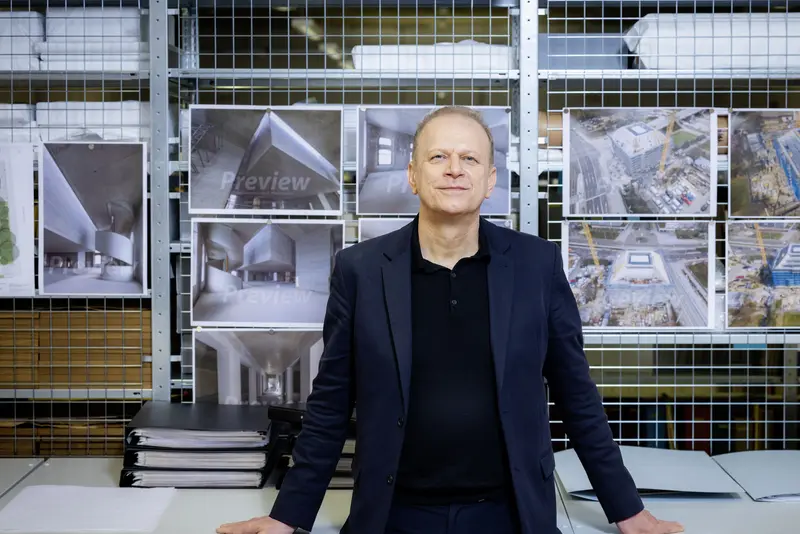Zitat
Ideas are to objects as constellations are to stars ... they are neither their concepts nor their laws. (Walter Benjamin)
Ideas are to objects as constellations are to stars ... they are neither their concepts nor their laws. (Walter Benjamin)

Artworks, design objects, furniture, drawings, posters, architectural plans—the Archiv der Avantgarden (AdA) is a safehold for material from the most divergent artistic movements of the 20th century avant-garde. Comprising approximately 1.5 million objects and documents, the collection is the only one of its kind worldwide in terms of both scope and structure. Its cornerstone is Egidio Marzona’s collection, which was donated to the Staatliche Kunstsammlungen Dresden in December 2016. Housed in the Japanisches Palais on an interim basis, it is set to relocate to its own permanent location in the nearby Blockhaus in a few years’ time. Researchers and other interested parties are welcome to visit the archive.
Marzona began collecting in the late 1960s, right around the time the concept of art was being redefined. The collection encompasses correspondences, manuscripts, manifests, photography, brochures, invitation cards, artist vinyls by, and films. The contemporary art forms of the Arte Povera and conceptual art movements were of particular interest to the German-Italian collector; later he would also branch out into avant-garde architecture and design prevailing from the Bauhaus movement, for instance. The avant-garde aimed for the unity of applied and fine arts as well as society and art throughout the early 20th century, an endeavor that was adopted by Marzona.
His archive is thus also a compilation of radical utopias with regard to aesthetic values and social standards. It comprises artworks from various genres and medias as well as corresponding context materials pertaining to artistic processes and curatorial practices and activities, but also literature, music, dance, theater, film, and politics of the time.
Thanks to its breadth and scope, this unusual and very special collection affords an ideal foundation for discovering, delving into and reassessing the artistic avant-gardes in their many interpretations, incarnations and societal interweavings in the 20th century. It further documents the networks of protagonists and objects and ties together production work, critiques and reviews in the context of the international avant-gardes.